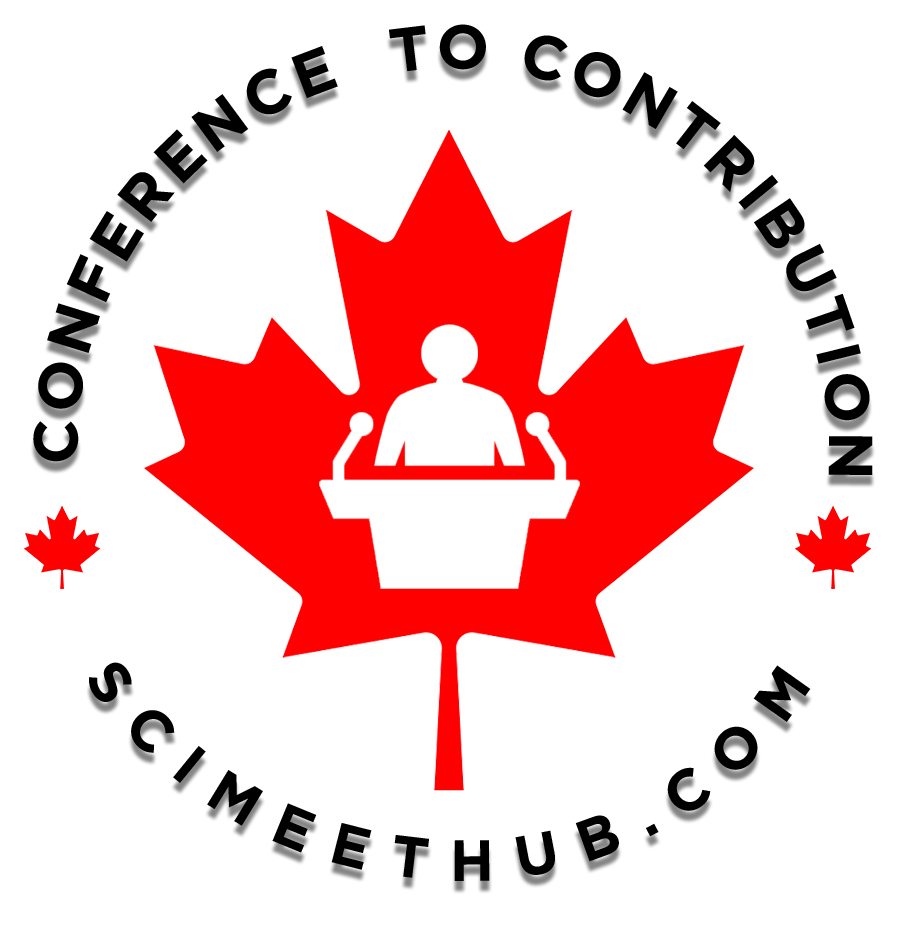Sessions/Tracks
With over 200 conferences a year the SciMeetHub Portfolio of events provides a direct route to global researchers
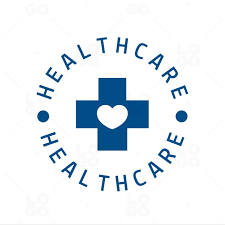
Track 1:
AI & Machine Learning in Healthcare
Artificial Intelligence and Machine Learning are driving a paradigm shift in clinical decision-making, predictive analytics, and patient care delivery. By harnessing data-driven insights, AI is enabling earlier diagnosis, personalized treatment, and workflow optimization across healthcare systems. From image analysis to drug discovery, machine learning models are reducing errors and unlocking new efficiencies. The integration of AI not only enhances outcomes but also redefines the role of healthcare professionals in the digital era. This track will explore breakthroughs and ethical considerations shaping the AI-driven future of medicine.
- AI-powered medical imaging and diagnostics
- Predictive analytics in clinical workflows
- Ethical frameworks for responsible AI in healthcare
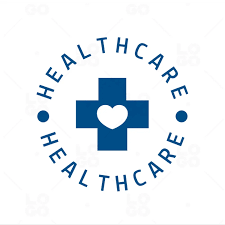
Track 2:
Digital Twins in Medicine
Digital twin technology is creating virtual replicas of patients, organs, and treatment pathways, enabling real-time simulation and predictive modeling. By combining data from genomics, imaging, and biosensors, digital twins are supporting personalized interventions and risk assessment. This transformative approach allows physicians to test therapies virtually before applying them in practice, reducing complications and improving precision. The track will highlight innovations in computational modeling and their role in reshaping precision healthcare.
- Patient-specific disease progression modeling
- Virtual testing of therapeutic strategies
- Integration of digital twins with clinical practice
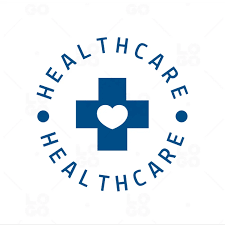
Track 3:
Wearables, Biosensors & Remote Patient Monitoring
Wearables and biosensors are redefining how patients interact with healthcare, turning real-time monitoring into actionable insights. These technologies empower patients to track vital signs, detect abnormalities, and engage in preventive care. For clinicians, continuous data streams provide unprecedented visibility into chronic disease management and treatment adherence. The integration of AI with biosensors is expanding possibilities for early warning systems and personalized interventions. This track explores how digital health tools are transforming patient care beyond hospital walls.
- Next-gen biosensors for chronic disease monitoring
- Wearable-driven predictive health analytics
- Remote patient monitoring for proactive care
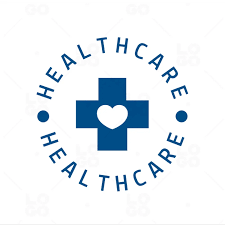
Track 4:
Telemedicine & Virtual Health Ecosystems
Telemedicine has evolved from a convenience into a cornerstone of modern healthcare delivery. Virtual health ecosystems are enabling equitable access to care, especially in underserved regions, while reducing the burden on traditional healthcare systems. With innovations in video consultations, remote diagnostics, and digital therapeutics, telehealth is bridging geographical and socioeconomic gaps. The track will examine the integration of telemedicine platforms, virtual care models, and their implications for continuity of care in the post-pandemic world.
- Hybrid care models combining in-person and virtual care
- Virtual health platforms for global accessibility
- Remote diagnostics and AI-driven telehealth solutions
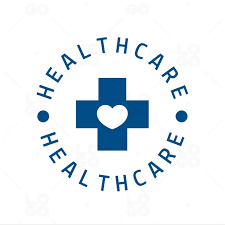
Track 5:
Precision Medicine & Genomic Healthcare
Precision medicine is revolutionizing healthcare by tailoring treatments based on genetic, environmental, and lifestyle factors. Advances in genomic sequencing and molecular profiling are enabling personalized interventions for complex diseases. This approach not only improves therapeutic efficacy but also reduces adverse effects, leading to more targeted and patient-centric care. The track will focus on innovations in genomics, pharmacogenomics, and their integration into clinical practice.:
- Pharmacogenomics and drug response optimization
- Genomic sequencing for personalized oncology
- Integrating genomics into population health strategies
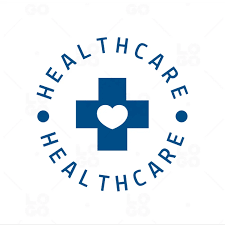
Track 6:
Cell & Gene Therapies: Next-Gen Medical Breakthroughs
Cell and gene therapies are redefining what is possible in modern medicine by addressing conditions once thought untreatable. From CAR-T therapies to CRISPR-based gene editing, these breakthroughs are offering new hope for patients with rare and inherited diseases. The track will explore advances in therapy design, delivery systems, and long-term safety monitoring. Discussions will also highlight regulatory frameworks and accessibility challenges in scaling these therapies globally.
- CAR-T cell therapy innovations
- CRISPR and genome editing technologies
- Global access and ethical considerations in gene therapies
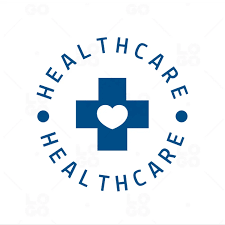
Track 7:
Nanotechnology in Drug Delivery & Diagnostics
Nanotechnology is enabling unprecedented precision in drug delivery, ensuring targeted release and minimizing side effects. Nanoparticles are also being used in diagnostics for ultra-sensitive detection of biomarkers. This track will highlight the convergence of nanomedicine, oncology, infectious disease management, and regenerative healthcare. By integrating nanoscale innovation, medicine is moving toward therapies that are both safer and more effective.
- Targeted nanocarriers for oncology treatment
- Nano-enabled biosensors in early diagnostics
- Nanomaterials in regenerative medicine
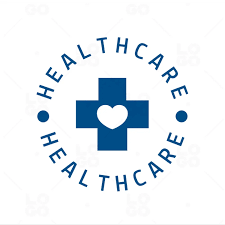
Track 8:
3D Printing & Bioprinting in Healthcare
3D printing and bioprinting are disrupting traditional manufacturing in healthcare by enabling patient-specific implants, prosthetics, and tissue engineering. Bioprinting technologies are also advancing regenerative medicine by creating functional tissues for transplantation and research. This track will explore innovations that combine design flexibility with clinical utility, reducing costs and enhancing personalization. Future applications in organ replacement and surgical planning will also be highlighted.
- Customized 3D-printed medical implants
- Bioprinting functional tissues and organs
- 3D printing in surgical simulation and education
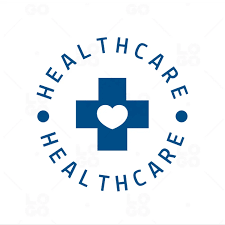
Track 9:
Robotics & Minimally Invasive Surgery
Robotics in surgery has enhanced precision, safety, and recovery outcomes through minimally invasive approaches. From robotic-assisted laparoscopic procedures to microsurgeries, automation is transforming operating rooms worldwide. This track examines robotic advancements, integration with AI, and the future of autonomous surgical systems. Case studies will showcase improved patient outcomes and the training of next-generation surgeons.
- Robotic-assisted laparoscopic innovations
- AI-enhanced surgical robotics
- Training and simulation in robotic surgery
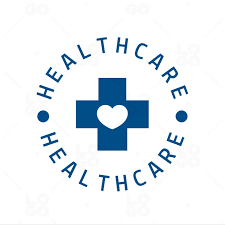
Track 10:
Regenerative Medicine & Stem Cell Therapies
Regenerative medicine holds the promise of repairing or replacing damaged tissues and organs using stem cells, biomaterials, and growth factors. Advances in stem cell therapies are addressing conditions ranging from spinal cord injuries to degenerative diseases. This track explores breakthroughs in regenerative biology, translational research, and clinical trials. By combining science with clinical application, regenerative medicine is pushing the boundaries of therapeutic possibilities.
- Stem cell therapies in neurodegenerative disorders
- Biomaterials and scaffolds in regenerative medicine
- Translational challenges in clinical application
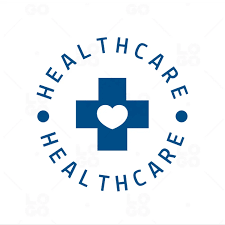
Track 11:
Big Data & Real-World Evidence in Medical Innovation
Healthcare systems are generating vast volumes of data, and harnessing them through advanced analytics is key to innovation. Real-world evidence is shaping clinical trials, regulatory approvals, and personalized interventions. This track explores how big data is improving predictive modeling, outcome measurement, and population health management. Case studies will demonstrate how data-driven decision-making is transforming research and patient care.
- Real-world data in clinical trials
- Big data in population health management
- Predictive modeling for disease prevention
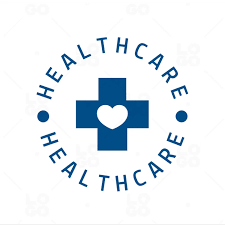
Track 12:
Blockchain in Healthcare & Supply Chain Security
Blockchain is emerging as a game-changer for data integrity, supply chain transparency, and secure patient records. By creating tamper-proof systems, blockchain enhances trust across healthcare networks. This track will examine its applications in drug traceability, clinical trials, and interoperability. Discussions will also explore regulatory implications and the integration of blockchain with other digital health tools.
- Blockchain for secure medical records
- Drug supply chain transparency
- Smart contracts in healthcare operations
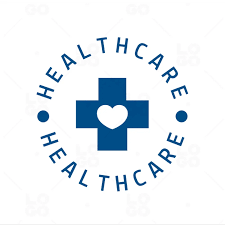
Track 13:
Smart Hospitals & IoT in Healthcare
The rise of smart hospitals powered by IoT is enabling real-time monitoring, seamless workflows, and predictive maintenance of medical equipment. IoT devices are supporting patient-centered care through continuous data collection and integration. This track highlights innovations in smart hospital infrastructure, AI-driven automation, and connected healthcare ecosystems. By leveraging IoT, hospitals are evolving into adaptive, efficient, and patient-focused environments.
- IoT-based patient monitoring systems
- Smart infrastructure in modern hospitals
- AI automation for operational efficiency
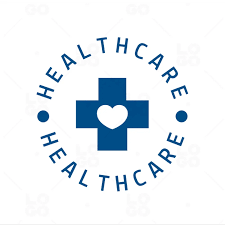
Track 14:
Mental Health Innovations & Digital Therapeutics
Mental health care is undergoing transformation through digital therapeutics, AI-powered apps, and virtual therapy platforms. This track explores how technology is making mental health support more accessible and personalized. Discussions will cover innovations in depression and anxiety management, as well as integration into broader healthcare systems. Ethical considerations and patient privacy will also be emphasized.
- AI-powered mental health apps
- Virtual therapy and telepsychiatry
- Digital therapeutics for chronic mental health conditions
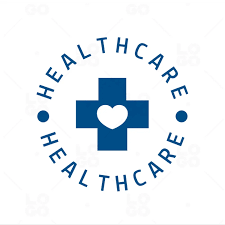
Track 15:
Immunotherapy & Advanced Biologics
Immunotherapy has revolutionized the treatment of cancer and chronic diseases by harnessing the body’s immune system. Advances in checkpoint inhibitors, monoclonal antibodies, and next-gen biologics are reshaping treatment landscapes. This track will showcase cutting-edge research, clinical outcomes, and novel applications in oncology, infectious diseases, and autoimmune disorders. The integration of biologics with personalized medicine will also be discussed.
- Checkpoint inhibitors in oncology
- Advanced monoclonal antibody therapies
- Biologics for autoimmune disorders
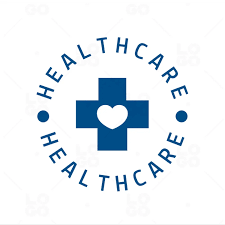
Track 16:
Sustainable & Green Healthcare Practices
Sustainability in healthcare is essential to reducing the environmental footprint of medical operations. From eco-friendly hospital designs to sustainable pharmaceutical production, this track highlights green practices that align health with environmental stewardship. Sessions will explore innovations that reduce waste, promote energy efficiency, and encourage climate-resilient healthcare systems. The focus will be on actionable strategies that balance quality care with ecological responsibility.
- Eco-friendly hospital design and operations
- Sustainable pharmaceutical supply chains
- Waste reduction in healthcare practices
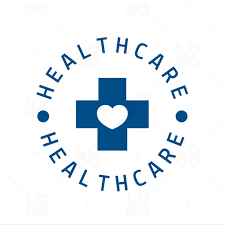
Track 17:
Global Health Equity & Access to Innovation
Healthcare innovation must be inclusive, ensuring that advancements reach underserved populations worldwide. This track examines challenges and strategies for bridging disparities in access to new therapies, diagnostics, and technologies. Discussions will explore global collaborations, funding models, and policy reforms that promote equity. Case studies will highlight success stories in expanding healthcare access.
- Access to essential medicines and technologies
- Global collaborations for health equity
- Policy strategies for inclusive healthcare innovation
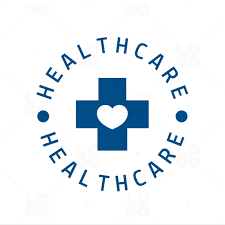
Track 18:
Healthcare Policy, Ethics & AI Governance
As AI and digital health technologies expand, ethical frameworks and governance structures become critical. This track focuses on balancing innovation with patient rights, privacy, and societal impact. Key discussions will address regulatory policies, AI bias, and the future of healthcare law. By integrating ethics into innovation, the track ensures that progress aligns with values of trust and equity.
- Ethical frameworks for AI in medicine
- Global policies on healthcare data governance
- Addressing algorithmic bias in healthcare AI
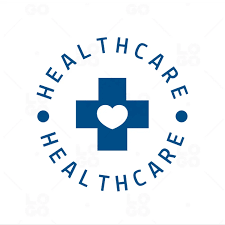
Track 19:
Climate Change, Environment & Public Health
Climate change is increasingly recognized as a public health crisis, influencing disease patterns, food security, and population health. This track explores the intersection of environmental change and healthcare responses. Topics will include disaster preparedness, climate-resilient health systems, and mitigation strategies. By connecting environmental science with public health, the track highlights collaborative approaches to safeguarding future generations.
- Health impacts of climate-induced migration
- Climate-resilient healthcare infrastructure
- Public health strategies for environmental change
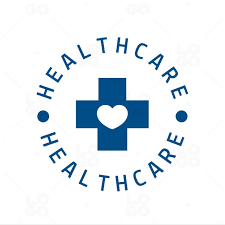
Track 20:
Future Horizons in Healthcare Innovation
The future of healthcare innovation is shaped by the convergence of science, technology, and human-centered design. This track envisions next-generation breakthroughs, from quantum computing in drug discovery to personalized digital twins. Discussions will focus on disruptive technologies that will redefine prevention, diagnosis, and therapy in the coming decades. Attendees will gain insights into visionary trends that are pushing the boundaries of possibility.
- Quantum computing in biomedical research
- Convergence of biotech and digital health
- Foresight studies on next-gen healthcare models
Track 21:
Integrative Traditional Medicine in Modern Care
It explores how traditional healing systems can complement modern clinical practice without compromising scientific rigor. It highlights the role of herbal formulations, therapeutic rituals, and holistic frameworks in addressing long-term illnesses. Speakers will examine integration models used in hospitals and community settings. The sessions aim to identify safe, measurable, and scalable practices. Emphasis is placed on patient outcomes, cultural relevance, and multidisciplinary collaboration.
- Bridging Traditional Healing Practices with Clinical Medicine
- Evidence-Based Evaluation of Herbal and Natural Therapies
- Integrative Care Models for Chronic Disease Management
Track 22:
Advances in Herbal Medicine, Phytotherapy & Natural Compounds
This track focuses on cutting-edge research in medicinal plants and natural compounds. It covers extraction technologies, formulation improvements, and scientifically validated health applications. Experts will discuss how standardization ensures safety and consistency in herbal therapies. Attendees will explore novel delivery mechanisms that enhance therapeutic potential. The track encourages collaboration between traditional knowledge holders, researchers, and industry innovators.
- New Discoveries in Plant-Based Bioactive Molecules
- Standardization & Quality Assurance of Herbal Products
- Innovations in Phyto-formulations and Delivery Systems
Track 23:
Digital Tools & Emerging Technologies in Traditional Medicine
This explores how technology is modernizing traditional medicine research and practice. AI and machine learning are being used to map plant chemistry, predict therapeutic effects, and streamline research workflows. Digital platforms are improving access to authentic knowledge and trained practitioners. Experts will discuss how apps and remote tools track patient responses to traditional therapies. The aim is to align ancient practices with modern digital ecosystems.
- AI-Enhanced Botanical Research and Data Mapping
- Digital Platforms for Traditional Therapy Access & Education
- Technology-Enabled Monitoring of Traditional Treatment Outcomes
